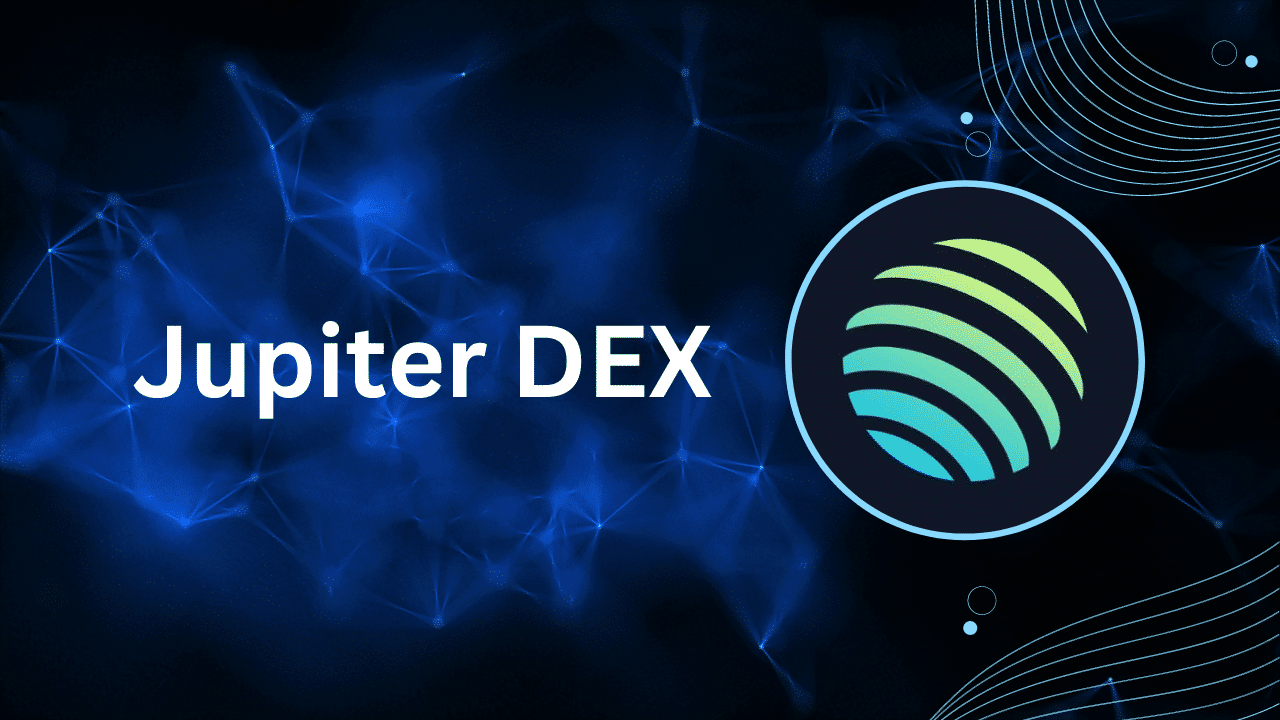Recent data reveals a troubling surge in Jupiter DEX transaction failures, with 50% of transactions failing over the past month. This spike in Jupiter DEX transaction failures highlights a significant issue within the exchange, raising concerns about the platform’s reliability among its users. The high rate of transaction failures calls into question the underlying causes and the effectiveness of any current remedies. Understanding the reasons behind these Jupiter DEX transaction failures is crucial for users seeking clarity and for the platform’s efforts to restore trust. Investigating the sources of these failures involves examining both operational and technological challenges affecting Jupiter DEX.

Jupiter DEX Transaction Failures: Causes and Concerns
Over the past 30 days, Jupiter DEX has experienced an average failure rate of 42.89%, except for two days when data was unavailable. This persistent issue has led many to question why the platform is plagued by such high transaction failures and who is responsible for addressing the problem.
A major frustration for users is being billed for transactions that fail. Although this is a standard aspect of blockchain technology, it can seem unfair to those affected. Each transaction consumes network resources, such as computing power and block space, regardless of its outcome. The validation process continues until an error occurs, and the associated charges help cover the costs of processing the request.
Increasing Slippage Tolerance: A Double-Edged Sword
To mitigate Jupiter DEX transaction failures, users often increase their slippage tolerance, hoping to ensure successful completion of their trades and avoid additional charges. By allowing for slight price variations, this approach can improve the chances of transaction success. However, raising slippage tolerance also introduces the risk of front-running by bots.

Front-running involves automated programs that exploit high-slippage transactions by executing trades before the user’s transaction. These bots can secure assets at lower prices and sell them at higher prices based on the slippage, resulting in less favorable swap rates for users who ultimately pay more than just transaction costs.
Front-Running on Smart Contract Blockchains
Front-running is a significant factor contributing to Jupiter DEX transaction failures. Although primarily associated with Ethereum, front-running can also occur on Solana and other smart contract blockchains. Here’s a step-by-step breakdown of how front-running works:
- A user initiates a transaction to interact with a smart contract on the network.
- A front-runner (usually a bot) detects the user’s transaction on the network.
- The front-runner submits a new transaction with a higher gas price, incentivizing validators to prioritize this transaction.
- The higher gas price ensures that the front-runner’s transaction is processed before the user’s original transaction.
- As a result, the user’s transaction either fails or results in worse terms, leading to financial losses or missed opportunities.
Jupiter DEX acknowledges that a significant portion of failed transactions stems from arbitrage bots exploiting the platform. They note, “Majority of these failed transactions come from arbitrage bots that route using the program when an arb opportunity is near, hoping to land a transaction when the opportunity takes place — this leads to the higher failure rate. For our users on Jupiter UI, the transaction success rates are actually over 90%!”
The role of RPC (Remote Procedure Call) providers in front-running is also crucial. RPC providers relay transaction data to the blockchain on behalf of users. If these providers are unreliable or engage in unethical practices, they may enable front-running by sharing transaction data with bots or manipulating transaction submission orders.
Memecoin Mania and Processing Delays
The current memecoin frenzy, which generates thousands of tokens daily, exacerbates Jupiter DEX transaction failures. Many of these tokens suffer from low liquidity, making it difficult to complete trades. When buying or selling such low-liquidity tokens, transactions may fail if the trade cannot be executed due to insufficient token availability.

Jupiter DEX transaction failures are further compounded by processing delays and throughput constraints. While the platform’s automatic slippage and gas calculation tools function effectively in stable markets, they become less reliable during periods of high volatility. Users have attempted to bypass rate limits by deploying additional computers, leading to issues with Jupiter’s free tier quotation API. This abuse poses a risk of service degradation and higher operational costs for legitimate users. Moreover, Jupiter’s retry logic suffers from slowdowns exceeding 25 seconds due to poor throughput, particularly under the strain of high order volumes.
Conclusion: The Path Ahead for Jupiter DEX
The high rate of Jupiter DEX transaction failures, coupled with front-running issues and infrastructure delays, presents significant challenges for the platform. These problems directly impact user confidence and overall efficiency.
While the Jupiter DEX team is actively working to address these issues, a critical question remains: Can Jupiter DEX manage the growing demands of the DeFi space while resolving these urgent problems? The coming weeks will be pivotal in determining how effectively Jupiter DEX can overcome its current challenges and adapt to evolving market conditions. TheBITJournal remains committed to delivering in-depth insights into the developments shaping the sector.




























